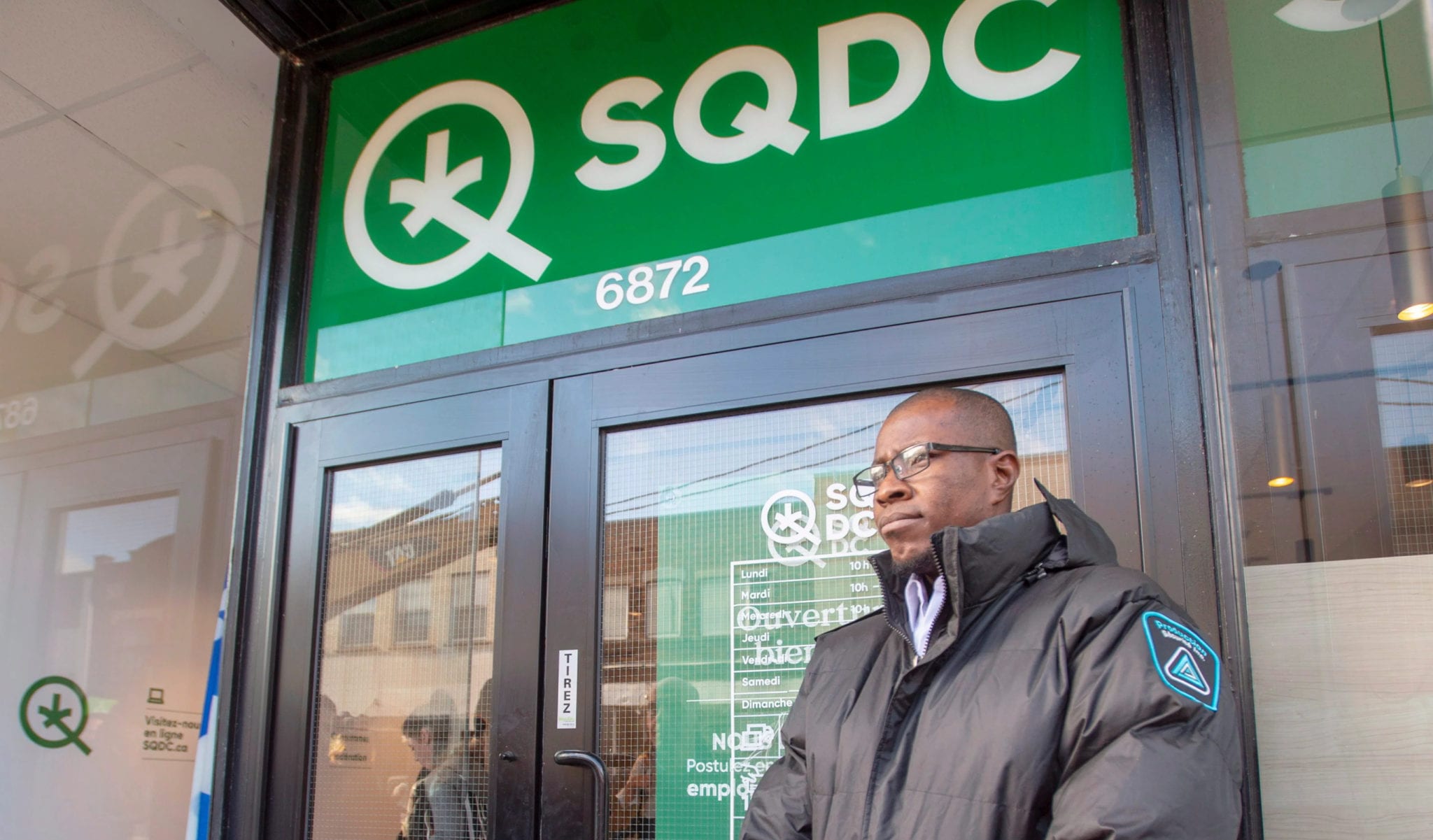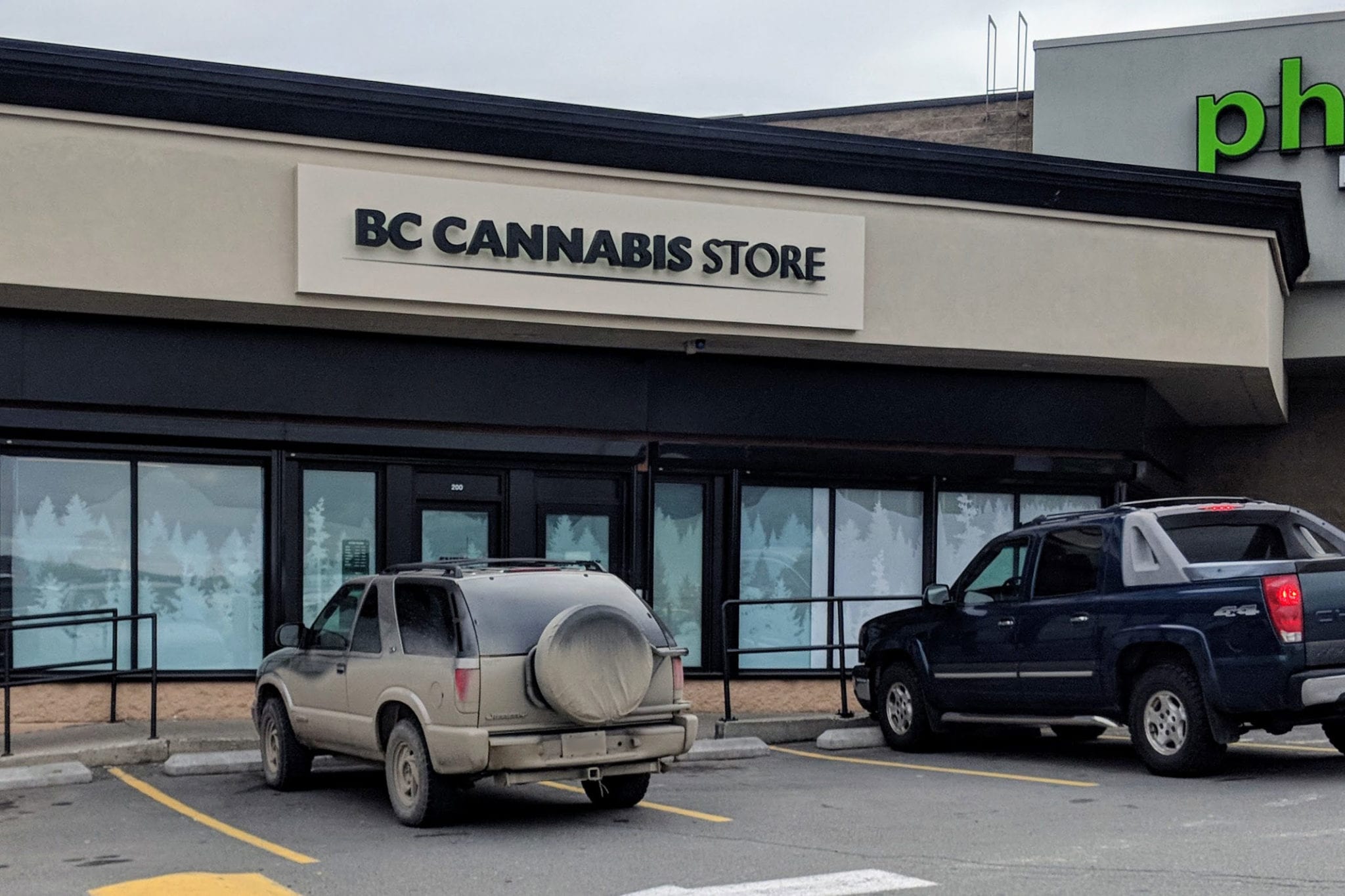Canadian provinces have limited demand for cannabis with a “demarketing” strategy that’s ironically hindering their ability to displace the illicit market, a key policy goal.
That’s according to a new study that found most provincial governments have taken a more conservative approach to regulating weed sales compared to alcohol.
However, the University of Alberta researchers note that provinces are looking at improving policies, and eventually cannabis marketing will be on par with liquor.
Before the federal government legalized recreational weed in October 2018, it gave provinces just 18 months to tackle a staggering number of legislative changes to set up pot distribution and retail networks.
When governments regulate and sell potentially harmful products such as alcohol, public servants have the tough task of balancing social responsibility with viable business models.
To prevent consumption while driving, pregnant or underage, provinces put an emphasis on demarketing legal products, which the study defines as a type of marketing designed to discourage, lower or even eliminate consumer demand.
Each provincial agency launched one of three cannabis retail models: a fully private model, a fully public model and a hybrid model that mixes private and public stores the way most provinces do for alcohol.
And eight out of 10 provinces mandated their respective liquor boards handle distribution and retail operations for the new industry.
Read more: Local industry relieved as province decides not to sell Cannabis NB

Quebec operates a public-owned retail monopoly under the strictest provincial regime for cannabis sales. Press photo
Provinces distance cannabis from existing alcohol brands
In the study, which was published in the journal Administration & Society, marketing researchers analyzed brand elements like logos, e-commerce platforms and storefronts. They compared the core elements of each province’s liquor and cannabis brands, with a particular focus on colours, fonts, styles and other stylistic components.
The team also conducted interviews with senior public servants in three provinces, as seven declined to participate despite six months of repeated requests.
They found that provincial government retailers position themselves not as sellers of the previously illicit product, but as protective providers in a highly regulated consumer environment.
Initially, it was expected that provinces would compete in a meaningful way with both the private sector and the illicit market, says Kyle Murray, a marketing professor and acting dean of the Alberta School of Business who led the study.
“We actually thought the government would try to extend what they were already doing in alcohol sales, and build on those brands that have been around for quite a while,” he told University of Alberta’s news site Folio.
“But that isn’t the case — they all basically took a conservative approach to the sales.”
In Alberta, Murray first thought the provincial cannabis regulator — the Alberta Gaming, Liquor and Cannabis Commission — would have extended its alcohol brand to cannabis sales.
But the public agency didn’t go that route and instead set up a new brand, Alberta Cannabis.

Table via “To Market or Demarket? Public-Sector Branding of Cannabis in Canada” study published in the journal Administration & Society
With the exception of Nova Scotia and British Columbia to some extent, most provinces appeared to distance themselves from their liquor store brands.
In doing so, they prioritized brand personality traits like sincerity and competence, over ones dealing with excitement, ruggedness and sophistication, the study found.
Quebec’s provincial regulator, Société québécoise du cannabis, developed a brand and logo with a plain, clinical feel, the study notes.
The province, which runs a government-owned retail monopoly, has taken the most conservative approach to cannabis sales by increasing the legal age from 18 to 21 while limiting the rollout of stores.
Ottawa primed provinces for ‘demarketing’ strategy
Murray and political science professor Jared Wesley noted that the federal government’s strict public framing of cannabis legalization primed the provinces to take a cautious marketing approach.
Under the Cannabis Act, all public and private cannabis retailers are prohibited from marketing the product in any way that “could be appealing to young persons.”
Nor can weed be marketed to evoke “a positive or negative emotion or image of a way of life such as one that includes glamour, recreation, excitement, vitality, risk, or daring.”
Cannabis stores have been mandated to physically cover windows and e-commerce sites greet consumers with an age-gated landing page.
Further restraining the mood for the consumer experience, regulations restrict most sellers from touching products or even seeing them in some instances.
Federal laws also enforce plain-packaging rules that limit producers from differentiating their product and retailers are prohibited from decorating stores with colourful displays found in many liquor outlets.
Read more: If Canada wants legal weed to succeed, it should ease marketing restrictions
Read more: Lack of clarity on promotional rules perpetuates haze of regulatory guesswork
Read more: Cannabis retailers in BC no longer required to cover windows
As illicit sellers aren’t bound by the rules, many private retailers are pushing the boundaries to compete.
The researchers analyzed three private stores and found they’re clearly differentiating their brand personalities as exciting.

High Tide owns and operates its “exciting” retail brand Canna Cabana in Alberta and Ontario. Press photo
For example, Canna Cabana promotes an exciting retail brand with “world-class budtenders” and and “a next-level experience you won’t forget” using palm leaves and sunsets to trigger a sense of adventure.
Government vendors are not, and may be less effective marketers as a result, according to the study.
This is important, the authors write, because whether they operate in a legal monopoly or not, losing market share to private businesses and illicit sellers makes it harder for provinces to control the flow of weed into the hands of youth, and revenues into the hands of organized crime.
“This could make a demarketing approach ironically counterproductive.” But the sky hasn’t fallen, Murray says.
Since provinces have had to enact a complex policy experiment on the fly, he says it’s logical they would start conservative to get a sense of what the consequences might be.
And over time, he believes provinces will work with Ottawa to reel back some of the strictest policies so that cannabis can be promoted the same as alcohol.

Table via “To Market or Demarket? Public-Sector Branding of Cannabis in Canada” study published in the journal Administration & Society
Top image of BC Cannabis Stores by Northwest via Wikimedia Commons
jared@mugglehead.com














